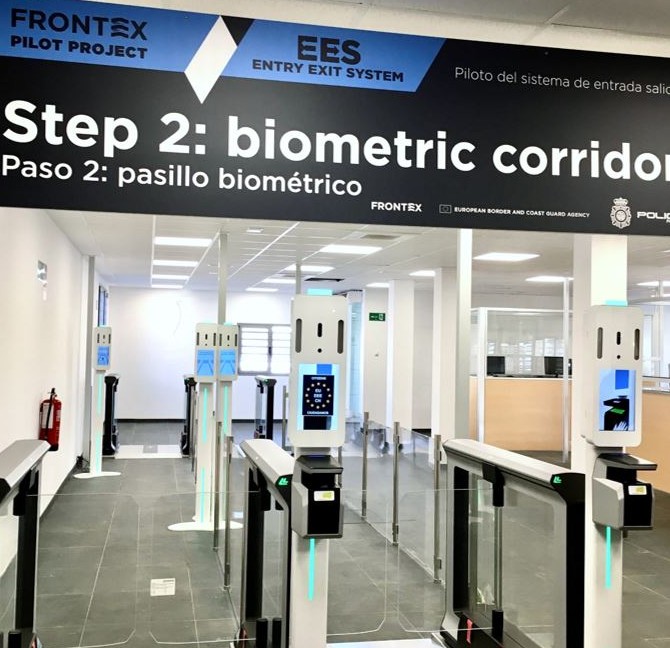EU Entry/Exit System Set to Launch in October: Travel Industry Urges Preparedness
In a UK-focused update, key travel trade bodies are rallying their members to prepare for the upcoming launch of the EU Entry/Exit System (EES), confirmed to begin on 12 October.
This new system, which will be rolled out in phases until April 2026, is expected to change how UK travellers cross EU borders.
The phased implementation will continue until 9 April 2026, after which the EES will be fully operational at all EU entry points from 10 April 2026 onwards.
The EES will require travellers to provide biometric data such as fingerprints and facial scans, although the exact rollout schedule varies by EU country.
Alongside the EES, the EU’s European Travel Information and Authorisation System (ETIAS) visa-waiver fee will rise significantly — from €7 (£6) to €20 (£17) — when it launches next year. This hike has sparked concern among travel industry leaders.
Mark Tanzer, Chief Executive of ABTA, stressed the importance of clear communication about the new rules: “The confirmation of a 12 October start date for the phased introduction of the Entry/Exit System (EES) provides clarity for the travel industry and allows ABTA members to begin advising their customers on the changes.”
He added that a robust communication plan from both the EU and UK governments is vital to ensure travellers understand what’s expected.
Tanzer also encouraged EU countries to adopt the EES app promptly, which will enable travellers to submit information beforehand and reduce processing times at borders.
Julia Lo Bue-Said OBE, CEO of Advantage Travel Partnership, echoed these concerns, highlighting the need for smooth implementation by border officials.
“Now that there is an official start date in October for the rollout of EES for British travellers visiting the EU, it is essential that there is a smooth and efficient process for border staff to implement the new measures to minimise any possible disruption faced by travellers on their journeys.”
She pointed out that the busy October half-term travel period could be affected if staff are unprepared for the new system. The phased nature of the rollout across EU countries means some destinations will require biometrics before others, adding a layer of uncertainty.
Lo Bue-Said also expressed disappointment over the ETIAS fee increase: “For many travellers, especially university students, families, and budget-conscious tourists, this sharp increase adds an unnecessary burden and makes travel to Europe less accessible.
A move like this undermines the spirit of open travel and feels more like a revenue grab than a justified policy change.”
Despite these challenges, Advantage Travel Partnership is working closely with travel agents to ensure they understand the new procedures and can assist customers effectively.
As the October deadline approaches, UK travellers are advised to stay informed and prepare for the new EU Entry/Exit requirements to avoid any last-minute complications.






